THE PULSE
NEWSLETTER OF THE CANADIAN ASSOCIATION OF RECYCLING INDUSTRIES
Vol. 25, Issue 4, April 2020
MESSAGE FROM THE CHAIR

CARI IS ADVOCATING ON MANY FRONTS—AND YOU CAN HELP
While the past month has been anything but “business as usual” for our industry and most of the world, CARI has continued to inform and press government regarding the specific needs of recyclers throughout the COVID-19 crisis.
Our advocacy efforts are ongoing on several fronts, including provincial stewardship programs, changes to national and international regulations, and concerns over technical barriers to trade.
CARI’s primary focus has been working to ensure that Canada’s federal government keeps recycling facilities in mind when developing its COVID-19 response plans. Our recent efforts include:
- Calling for a reduction in the Emergency Wage Subsidy qualification that requires a 30% decline in revenue
- Advising the Ministers of Finance and Natural Resources of current impacts on recyclers (e.g., production slowdowns, curtailments, employment and logistics issues) and of impending risks to business (e.g., weakening market demand or price, challenges when sourcing input materials, challenges with rail service or other logistics, and HR concerns)
- Directly advocating for the inclusion of recycling operations in all new support programs now in development for impacted industries
To better inform the government of the recycling industry’s specific needs, CARI is asking members to provide data on the changes to their employment and operational status of their facilities. While we understand that this information is highly sensitive, such data is key to the government’s understanding of the impact of COVID-19 on the recycling industry. Some members have already provided this information, which has been tremendously helpful in our advocacy efforts.
If you have not yet done so and are willing and able to provide these status updates, please reach out to CARI’s President, Tracy Shaw, as soon as possible. All information will be held in strictest confidence.
And above all else, please stay safe.
Matt Zubick
CARI Chair
TIMELINE EXTENDED FOR ONTARIO BLUE BOX TRANSITION PLAN
Stakeholders now have until July 8, 2020 to submit input on how Ontario’s Blue Box recycling program should be transitioned to a full producer responsibility model.
Now being developed by Stewardship Ontario, the plan was originally scheduled for submission to the Resource Productivity and Recovery Authority (RPRA) on June 30, 2020 but the timeline has been revised as follows:
- Stakeholder feedback on transition plan proposals extended to July 8, 2020
- Transition plan submitted to RPRA no later than August 31, 2020
- RPRA approval maintains original deadline of December 31, 2020
Consultation materials supplied by Stewardship Ontario originally scheduled for the week of April 6 have postponed and are expected to be made available to stakeholders shortly.
Stewardship Ontario will be reaching out to stakeholder group associations to schedule meetings and discuss initial feedback on the materials before the rescheduled consultation webinars.
CANADA RATIFIES THE NEW NAFTA
In early April, Canada’s federal government notified the United States and Mexico that it had completed domestic ratification of the new NAFTA. The three countries will now work together to determine an “entry into force” date.
ISRI GUIDE FOR FIRE PREVENTION PLANNING ADDED TO CARI WEBSITE
Now available in the Members Only area of the CARI website, the ISRI-authored document provides guidance to U.S. and Canadian scrap processing operations for creating a fire prevention and management plan.
This is a living document that ISRI plans to review and update at least once every year. Please refer to www.isri.org/fire-management-resources for the most recent revisions.
Because each scrap processing facility is different and faces unique hazards, each fire prevention plan must be site- and business-specific. The authors encourage each site to review its operations based on the guidance provided and to engage with a consultant who has experience with fire risks at a scrapyard.
WorkSafeBC SHARES REVISED GUIDE FOR MEASURING OCCUPATIONAL NOISE
For those who conduct occupational noise surveys and/or calculate noise exposure levels, WorkSafeBC has released a revise guide on Measuring Occupational Noise that can help.
The guide is intended for employers who conduct their own noise surveys or who hire individuals qualified to do the work.


